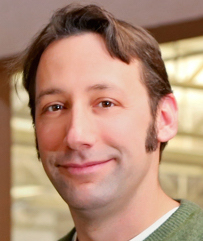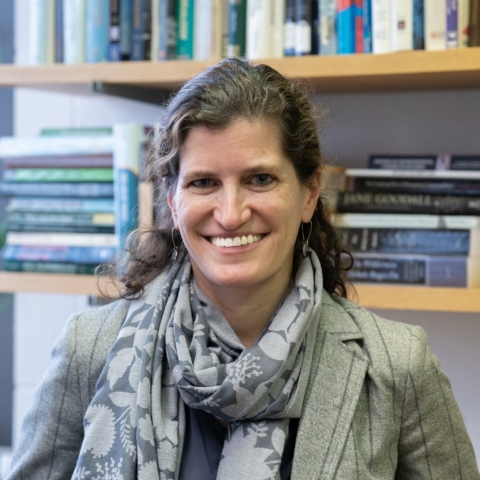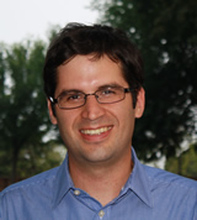About
- Blumsack has been studying the electric power industry through academic and consulting affiliations for more than twenty-five years.
- Blumsack has authored or co-authored more than fifty scientific papers; book chapters; and articles in industry and popular press, with research funding from the U.S. National Science Foundation, Department of Energy, Environmental Protection Agency, and private industry.
- Blumsack has consulted with the American Public Power Association, Bayer Materials, the Congressional Research Service, the Consortium for Risk Assessment and Stakeholder Participation, the National Renewable Energy Laboratory, the Idaho National Laboratory, the U.S. Department of Energy, the U.S. Environmental Protection Agency and numerous electric utilities and State Public Utility Commissions.
Seth Blumsack is Professor of Energy and Environmental Economics and International Affairs in EME and Director of the Center for Energy Law and Policy. Blumsack’s research centers on the electricity and natural gas industries; environmental management related to energy and infrastructure; resilience of energy infrastructure; regulation and deregulation in network industries; network science; risk analysis; and managing complex infrastructure systems.
In The Media
How going electric lets homeowners help slow climate change
from PBS Newshour April 14, 2022
“Enabling homeowners to use their vehicles as backup when the power goes down would reduce the social impacts of large-scale blackouts."
Utility companies aren’t preparing for the right kind of disasters
from Fast Company September 25, 2021
"What’s needed is an understanding that extreme weather events are fundamentally different from other kinds of power blackouts, and that resilience is not just about the grid itself, but also the people that it serves."
Renewable Energy Is Great—but the Grid Can Slow It Down
from WIRED December 8, 2021
“The grid that we have wasn’t designed for what we do with it now, let alone what we want to do with it, with all sorts of renewables.”
Pennsylvania RGGI opponents mount tense last stand
from Politico October 13, 2021
“I think there are real questions and real fears about what comes next, but there are huge innovation and economic opportunities. This will be a fairly major industrial transition.”
from Marketwatch November 26, 2021
"It’s not enough and what you would need is a more sustained supply increase over a longer period of time.”
How long will it take to close every fossil fuel power plant in the US?
from Quartz December 3, 2020
“The policy question is to identify the kinds of deliberate steps that can be taken to align decarbonization targets with equitable economic goals at the outset, as opposed to thinking about decarbonization first and equity later.”






